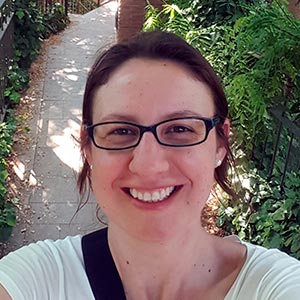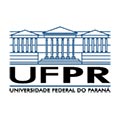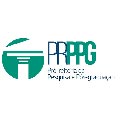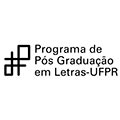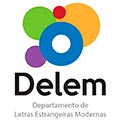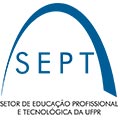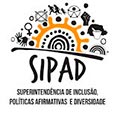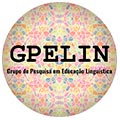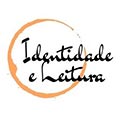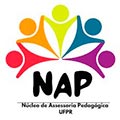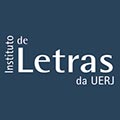20 de setembro - Engaging higher education in decolonial conversations: learning, unlearning, and relearning
Juliana Zeggio Martinez
It has not been unusual to ask/hear the question: “How to decolonize the university?”. At least two significant and entangled assumptions constitute this query: first, it assumes the university is a product of modernity/coloniality and, as a result, a decolonial claim becomes essential; second, the decolonial claim seems to be based on desire and certainty that the university can and must be decolonized. This conversation aims at scrutinizing possibilities and limits of decolonizing Higher Education (HE). To do that, I start situating HE in modernity/coloniality through two educational models: the market driven based on progress, development, and accumulation as well as the liberal design grounded on discourses of democracy and social justice. The purpose is to examine how both models are complicit with eurocentrism, universal subject, and hegemonic systems of knowledge production. Then, I highlight more recent (global) forces that have been imposing a business model for managing (private and public) universities and generating onto-epistemological changes in HE through discourses, practices, and policies of internationalization. Within this complexity, this conversation raises questions on how HE can learn from decolonial theory and (perhaps) reach an ethical horizon of research, teaching, and learning. In regards to academic fields such as Applied Linguistics, Language Teacher Education, Humanities, Social Sciences, Cultural Studies and many others – just to name a few that might represent participants in this webinar, a possible starting point could be the understanding that our academic subjectivities were constructed by eurocentrism and our responsibility is not only to delink from the certainties produced by modernity, but constantly watch our own positionalities entangled by Eurocentric discourses and praxis. For this reason, asking ethical questions becomes urgent in our academic lives: For whom and with whom do we produce scientific knowledge? What should be the critical role of HE as a response to internationalization? How do we (professors, scholars, intellectuals, researchers, students, staff etc.) identify, interrogate, and interrupt the internal coloniality that constitutes us? Can a radical relationality unsettle the universal subject typically assumed in academic thought? As I have shown, this conversation aims at scrutinizing possibilities of decolonizing HE at the same time it tries to deal with its constraints, entanglements, and complicities.
